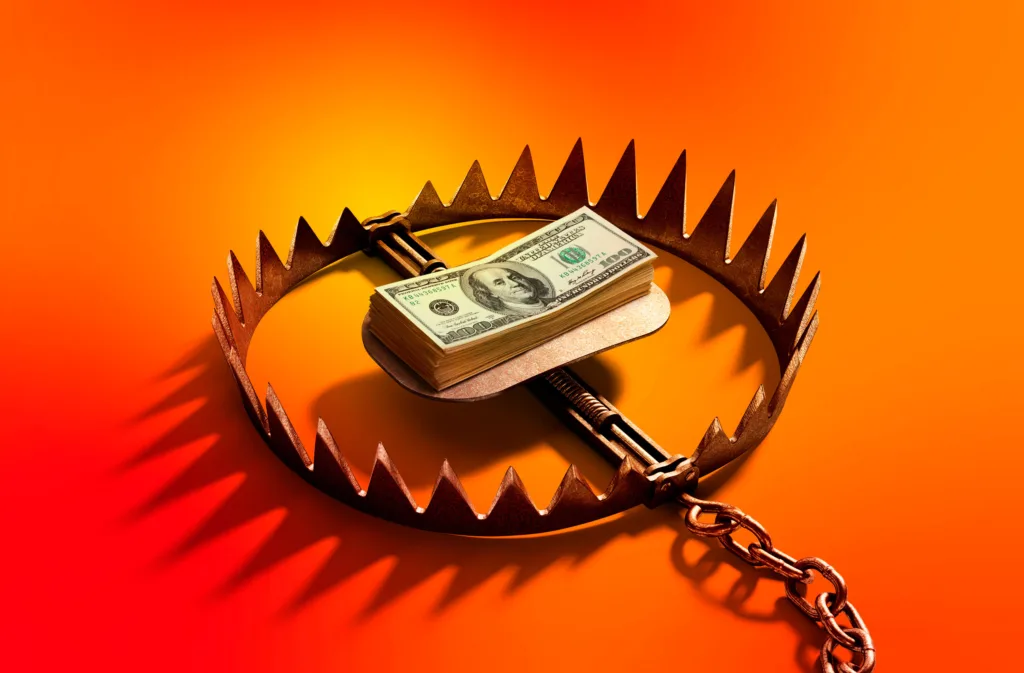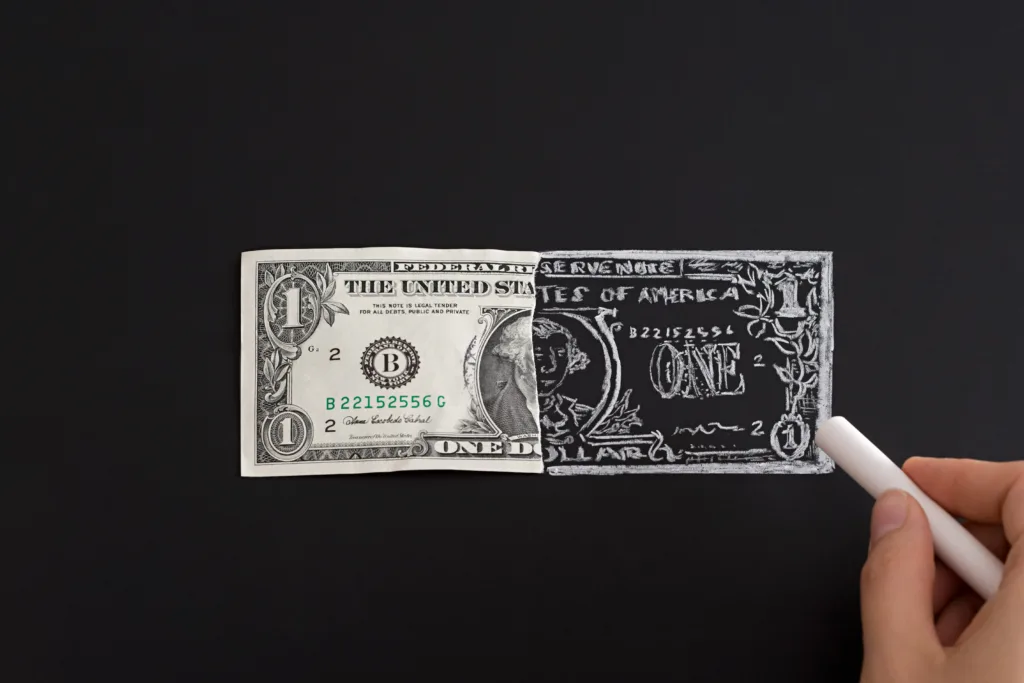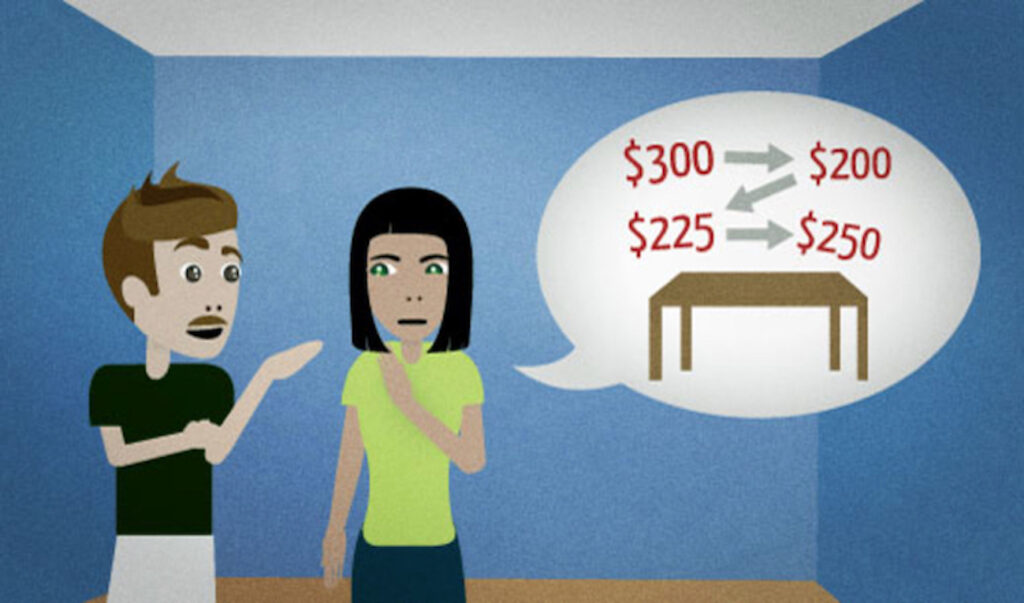
Discover the most prevalent Common Pawn Shop Scams and learn how to safeguard your valuables and money. Get insights into the tricks used by scammers and arm yourself with knowledge.
Introduction
Pawn shops can be a convenient way to get quick cash or find unique items at a bargain. However, like any industry, pawn shops have their share of scams and fraudulent activities. In this comprehensive guide, we’ll delve into the world of common pawn shop scams, shedding light on the tricks scammers use and providing you with the information you need to protect yourself.
Table of Contents
Common Pawn Shop Scams

Fake Valuations
Pawn shops rely on accurate valuations to determine the worth of items brought in by customers. Unfortunately, some unscrupulous pawnbrokers may offer artificially low valuations, taking advantage of individuals who are unaware of their item’s true worth. To avoid falling victim to this scam, consider getting an independent appraisal before visiting a pawn shop.
Bait-and-Switch
In this scam, pawnbrokers initially offer a good deal on a loan or purchase but later switch the item for a less valuable one when the customer isn’t looking. Always keep a close eye on your belongings during transactions, and if something feels off, don’t hesitate to walk away.
Overcharging on Interest
While pawn shops do charge interest on loans, some scammers may inflate the interest rates beyond what is legally allowed. Familiarize yourself with your local laws regarding pawn shop interest rates to avoid being overcharged.
Counterfeit Items

Another prevalent scam involves selling counterfeit items to pawn shops. If you’re purchasing an item from a pawn shop, especially if it’s a high-value item like jewelry or electronics, research the item’s authenticity and ask for documentation to prove its legitimacy.
Stolen Goods
Unscrupulous individuals may use pawn shops as a means to sell stolen items. To prevent inadvertently buying stolen goods, only deal with reputable pawn shops that follow proper procedures for documenting and verifying items’ origins.
Keeping Your Items Safe at a Pawn Shop

Pawn shops, despite the potential risks, can be a reliable resource for those in need of quick funds or searching for unique items. To ensure your experience at a pawn shop is positive, here are some additional tips to keep your items and money safe:
1. Document Your Items
Before taking your valuables to a pawn shop, create a detailed inventory. Take clear photographs, note any distinguishing features, and keep records of serial numbers if applicable. This documentation can help prove ownership in case of disputes.
2. Know the Value
Research the approximate value of your items beforehand. This knowledge will empower you to negotiate better deals and spot any unrealistic valuations offered by the pawnbroker.
3. Read the Fine Print
When pawning or selling items, carefully review the pawn ticket or sales agreement. Ensure you understand the terms, including the interest rate, repayment schedule, and any fees. Don’t hesitate to ask questions if something is unclear.
4. Visit Multiple Shops
Don’t settle for the first pawn shop you encounter. Visit several establishments to compare offers and gauge their professionalism. Reputable pawn shops are often members of industry associations, which can be a positive sign.
5. Negotiate Thoughtfully

Haggling is expected at pawn shops. Be respectful and reasonable in your negotiations. Remember, building a good rapport with the pawnbroker can lead to better deals in the future.
You can learn more about negotiation and its tips in our guide Haggling 101: How to Negotiate the Best Deals at a Pawn Shop.
6. Verify the Shop’s Credentials
Check if the pawn shop is licensed and adheres to local laws and regulations. Legitimate pawn shops should be forthcoming with this information.
7. Avoid Rushed Decisions
Scammers often push for quick decisions. Take your time to think over transactions, especially if you have any doubts. It’s better to pass up a deal than risk losing your valuable items.
Identifying Red Flags at Pawn Shops

While many pawn shops operate legitimately, it’s essential to recognize potential red flags that could indicate fraudulent activity. Here are some warning signs to watch out for:
1. Lack of Transparency
Reputable pawn shops are transparent about their terms and conditions. If you encounter a pawnbroker who seems evasive or unwilling to answer your questions, proceed with caution.
2. Sketchy Location
Consider the location of the pawn shop. An establishment in a poorly maintained or high-crime area might be less trustworthy. Opt for pawn shops in safer and more reputable neighborhoods.
3. Unrealistic Promises
Be wary of pawn shops that make promises that sound too good to be true. If a pawnbroker guarantees unusually high prices for your items or offers loans with exceptionally low interest rates, investigate further.
4. No Paper Trail
Legitimate pawn shops maintain detailed records of transactions, including the description and serial numbers of items. If a pawn shop does not keep records or seems disorganized, it’s a cause for concern.
5. Pressure to Buy or Sell
Scammers often employ high-pressure tactics to rush customers into making decisions. Take your time and walk away if you feel uncomfortable or pressured.
6. Suspicious Authentication
If you’re selling or buying high-value items like jewelry or electronics, request proof of authenticity. Reputable pawn shops will provide documents or certificates when available.
7. Unprofessional Behavior
Observe the behavior of the pawn shop staff. Professionalism, courtesy, and honesty should be the standard. If you encounter rude or dismissive staff, consider going elsewhere.
Reporting Suspicious Activity

If you suspect that you’ve encountered a dishonest pawn shop or fallen victim to a scam, it’s crucial to take action promptly:
- Contact Local Authorities: Report your suspicions or any fraudulent activity to your local law enforcement agency. Provide them with as much information as possible, including the name and location of the pawn shop, descriptions of individuals involved, and any relevant documents.
- File a Complaint: Depending on your jurisdiction, there may be regulatory bodies that oversee pawn shops. File a complaint with these organizations, providing details of your experience.
- Seek Legal Advice: Consult with an attorney if you believe you have a legal claim against the pawn shop. They can guide you on potential legal actions and remedies.
- Warn Others: Share your experience on social media, review platforms, or community forums to alert others about the dishonest pawn shop and prevent them from falling victim to the same scams.
Final Thoughts:
Common pawn shop scams are a reality, but with the right knowledge and precautions, you can minimize the risks associated with pawn shop transactions. Remember to document your items, do your research, and exercise caution in your dealings. By following these guidelines, you can make the most of what pawn shops have to offer while safeguarding your interests.
Pawn shops can be a valuable resource when used wisely, and they can provide a quick solution for those in need of financial assistance. Just remember to stay informed, stay vigilant, and stay safe in your transactions.
Frequently Asked Questions:
Q: How can I verify the authenticity of items at a pawn shop?
A: Look for documentation, certificates of authenticity, or seek the opinion of an expert in the field. Reputable pawn shops often provide such documentation for high-value items.
Q: Are there any legal protections against pawn shop scams?
A: Yes, many jurisdictions have laws regulating pawn shops. Familiarize yourself with these laws to know your rights and responsibilities when dealing with them.
Q: What should I do if I suspect I’ve fallen victim to a pawn shop scam?
A: Contact your local authorities and provide them with all relevant information. You should also consider seeking legal advice to explore potential recourse.
Q: How can I find a trustworthy pawn shop?
A: Research local pawn shops online, read reviews, and ask for recommendations from friends or family. Visiting the shop in person and gauging their professionalism can also help you determine their credibility.
Q: Is haggling over prices common at pawn shops?
A: Yes, negotiating prices is a common practice at pawn shops. Don’t be afraid to haggle and try to get the best deal possible.
Q: What precautions can I take to avoid common pawn shop scams?
A: Always do your research, get appraisals, verify authenticity, and read up on local laws and regulations regarding pawn shops.



